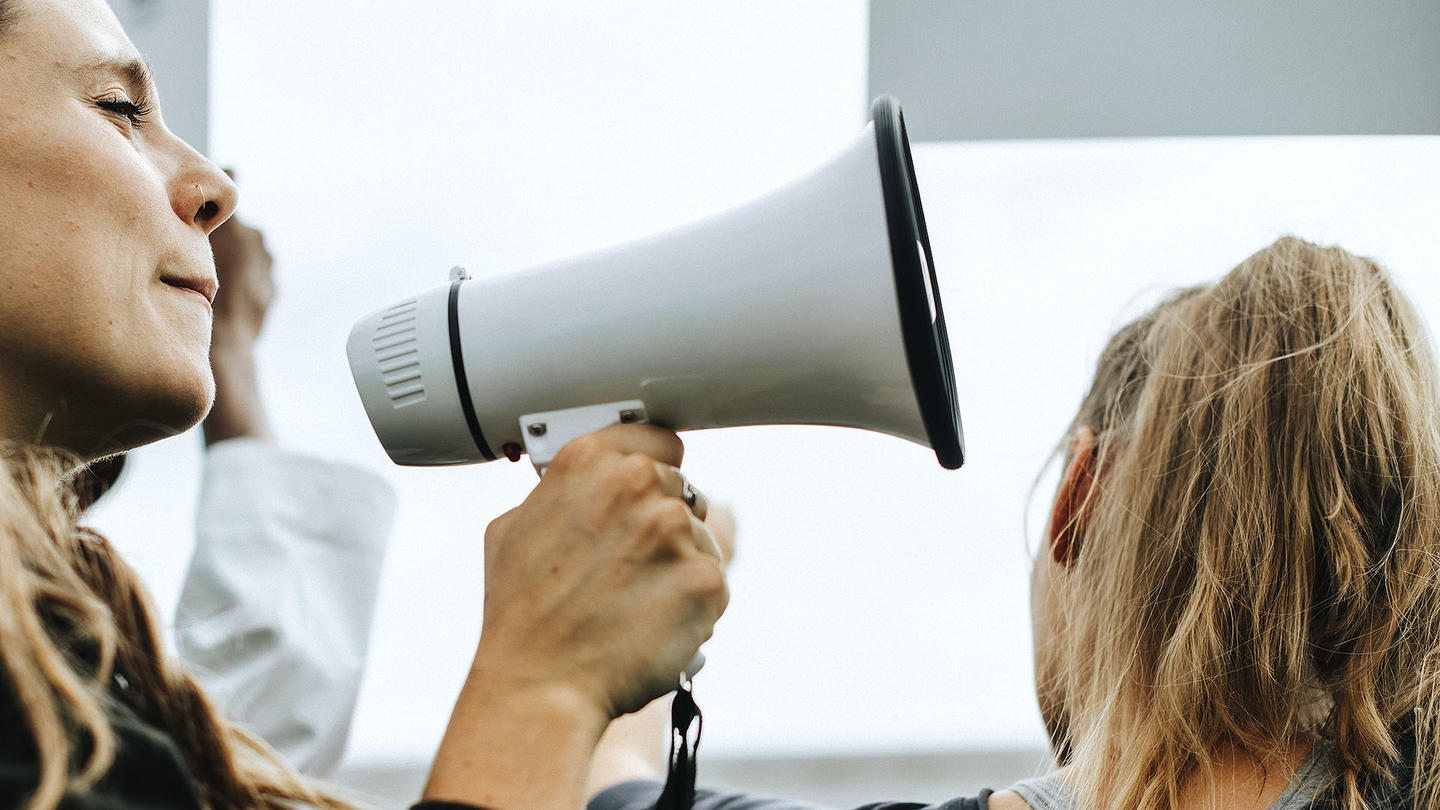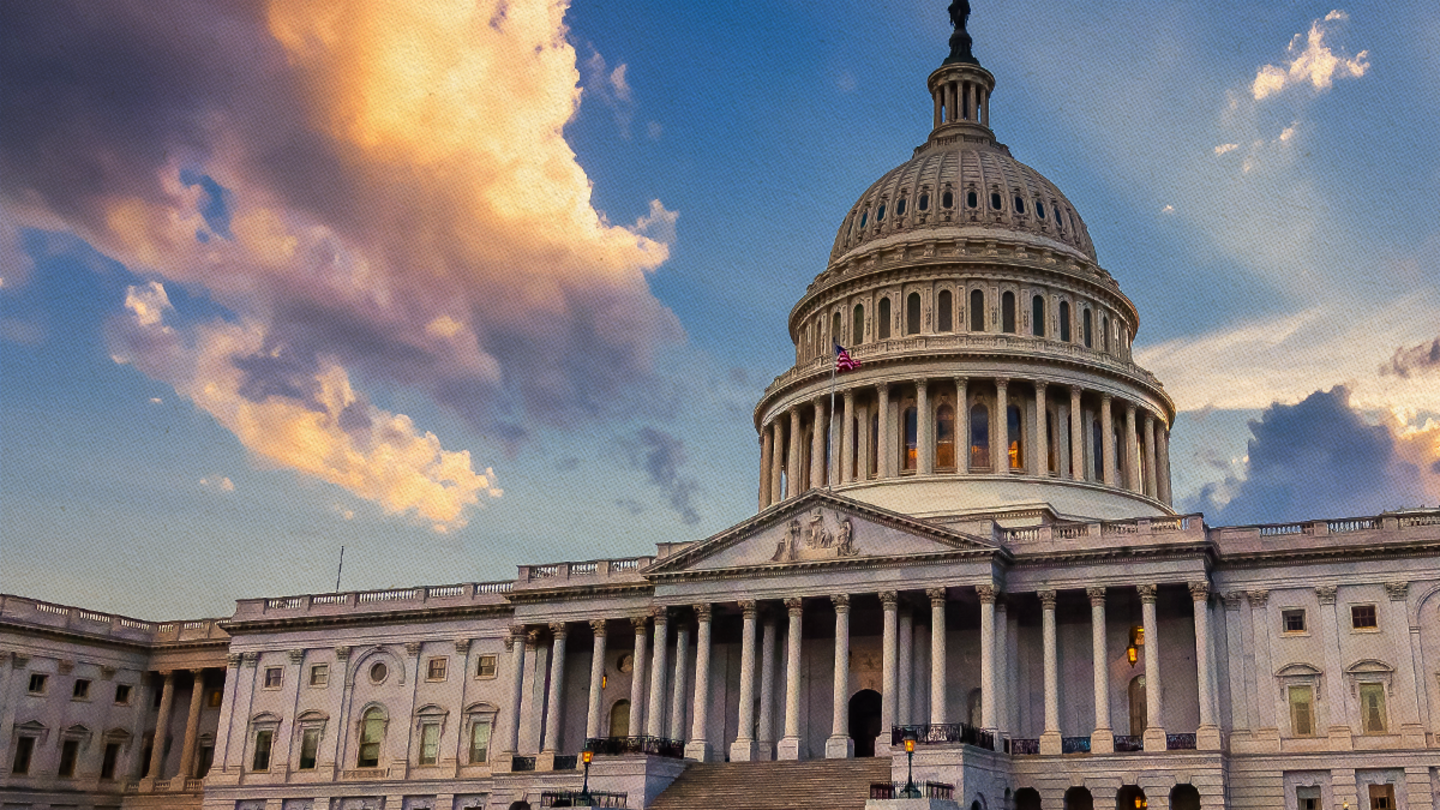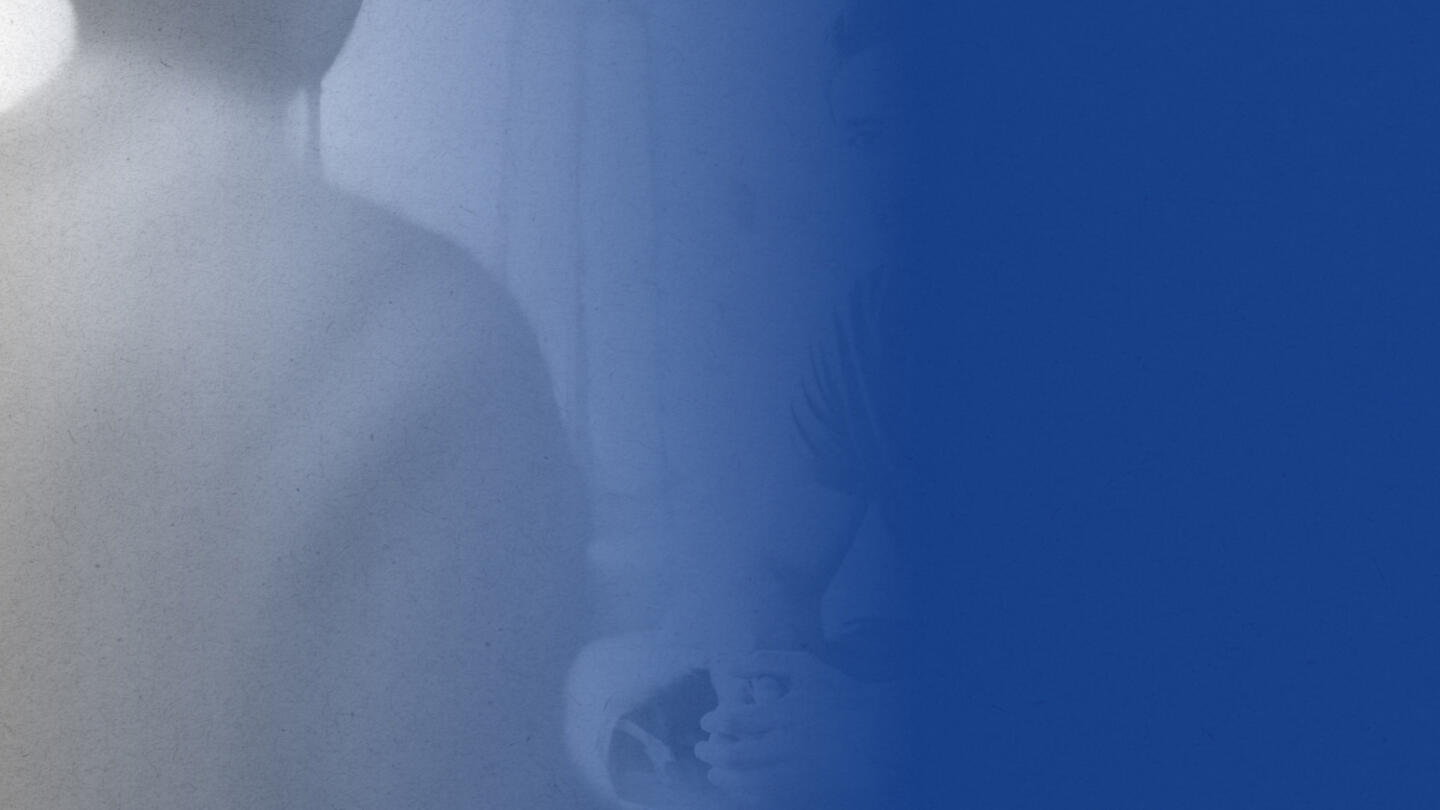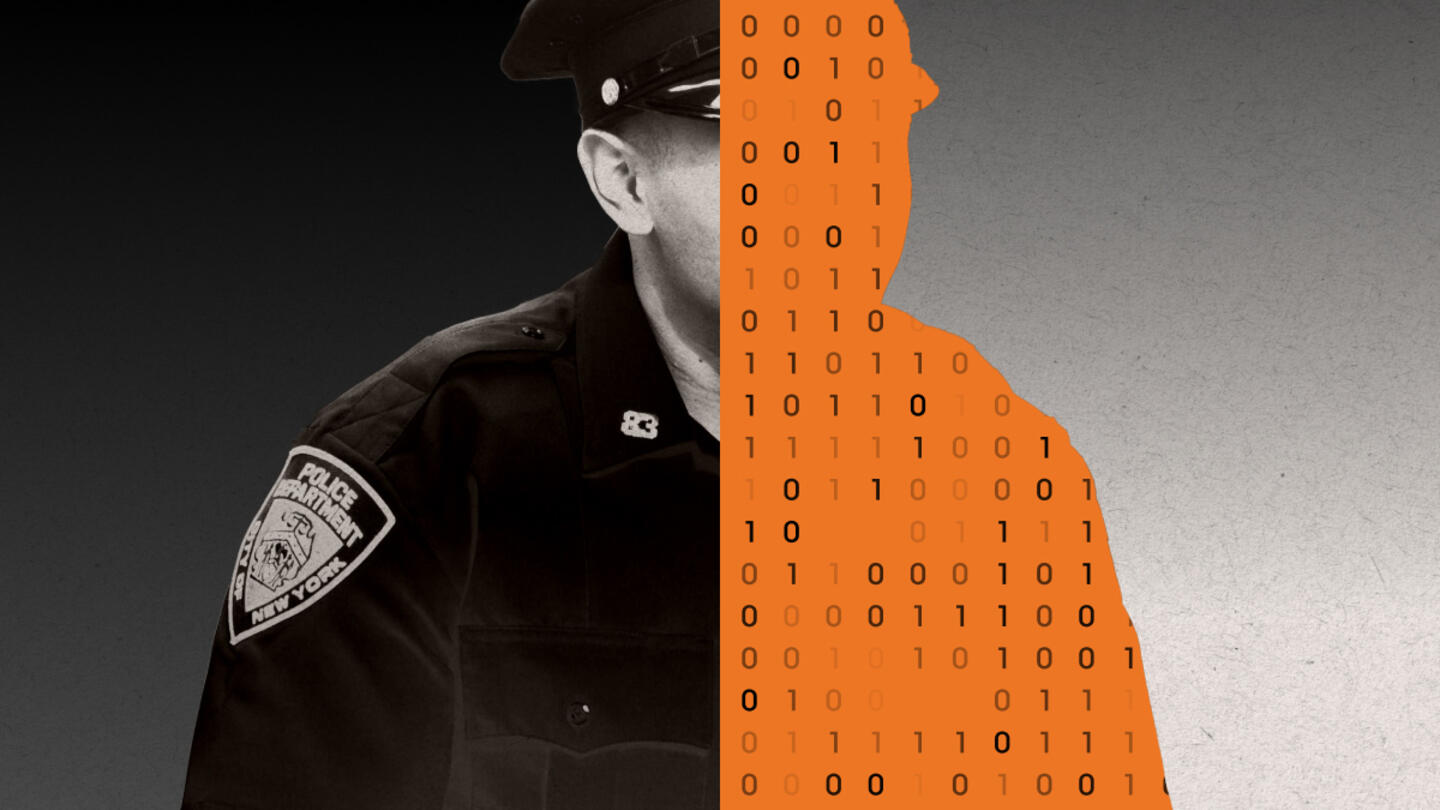By Sarah Cross, Vice President of Free Speech & Peace at Stand Together
Published on March 31, 2021
Deep divisions have come to characterize our country's political system. Americans are tired of the divisiveness and looking for ways to work with others to ensure our political process is honest, inclusive, and peaceful. And a bill under consideration by Congress is guaranteed to worsen this crisis, while claiming to solve it.
H.R. 1, which the House of Representatives recently passed, is misleadingly framed by supporters as a defense of democracy, specifically voting rights. Stand Together strongly supports voting rights. But a large part of H.R. 1 would, in effect, disenfranchise people by subjecting them to intimidation and violence if they chose to speak out on causes they're passionate about.
Far from being a bill that raises the voiceless, H.R. 1 would help those already in power to stay in power. By undermining free speech, it would endanger the democracy it purports to save.
Given the high stakes, Stand Together recently conducted opinion research to understand Americans' concerns. We found that 60 percent of people know little or nothing about the bill. When it is simplistically characterized as protecting voting rights, the bill enjoys broad support. But when the threat to free speech becomes apparent, support for H.R. 1 plummets.
The bill's threat to free speech is most clear in its severe restrictions of anonymous speech rights and the vital privacy those rights enable. It would force groups that don't participate in elections to publish the personal information of their supporters, if the groups praise or criticize a public official—whether for their votes or views.
As the Supreme Court has recognized since the 1950s in NAACP v. Alabama, compelling a group to disclose its list of supporters opens the door to political intimidation and the silencing of millions of Americans.
With this information public, politicians could use their considerable power to punish those who oppose them or their policies. The federal government has already tried to investigate the supporters of racial justice efforts, and as the ACLU has pointed out regarding H.R. 1, "we know from history that people engaged in politically charged issues become political targets and are often subject to threats of harassment or even violence." If politicians had personal details on those advocating for or against every policy in the country, does anyone doubt that they would use that information for their own partisan advantage?
The danger would be greatest for those whose beliefs some would violently oppose. Historic progress has often relied on the ability of Americans to anonymously advocate against injustice. It was true in the Jim Crow South. It was true with marriage equality. And it's increasingly true today as more people see their opponents as not just wrong but evil.
The Stand Together community has long worked alongside a diverse group of partners to defend civil liberties. We advocate to protect protest rights and press freedom, guard against government surveillance, and defend due process, among others. These foundational liberties clear the way for Americans to make progress on the most pressing challenges we face.
America still faces many injustices, and the First Amendment is still essential to ending them. The best way to strengthen American democracy is to empower the American people to make their voices heard, not to silence them.
Learn more about Stand Together’s free speech efforts and explore ways you can partner with us.




